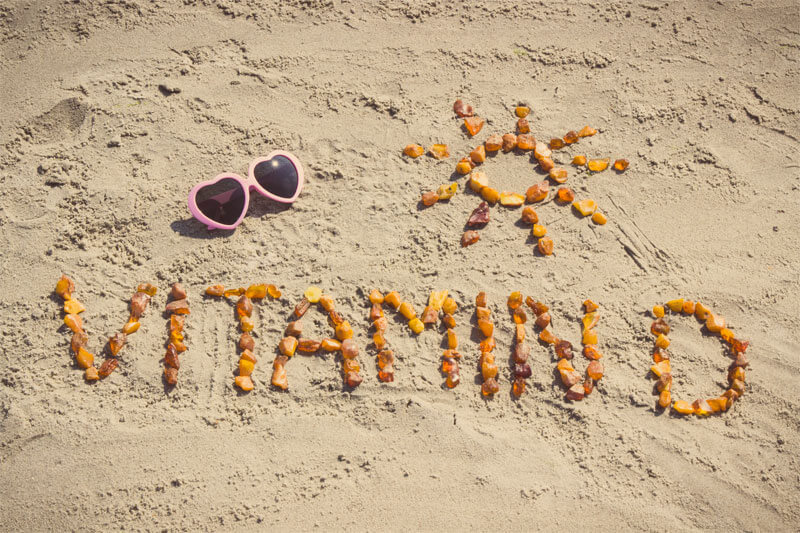
Dr. Samadi’s Vitamin List Recommended for Prostate Health
We all want to eat healthier, be healthier and as you know, a lot of us can’t do it with our diet and we like to take vitamins.
Considering taking a vitamin or supplement to treat Enlarged prostate?
There are several treatment options for an enlarged prostate. Men can take alpha-blocker drugs such as terazosin (Hytrin) to help relax the prostate muscles or antibiotics for chronic prostatitis (which may occur alongside BPH). They can also take dutasteride (Avodart) or finasteride (Proscar) for reducing BPH symptoms. They might also undergo surgery to remove the extra prostate tissue. One common surgical procedure for BPH is known as transurethral resection of the prostate (TURP).
Let’s discover together what Dr. David Samadi recommends in order to prevent prostate cancer and also which vitamin is the most important nutrient you need. He has a special list for men in their early 40s and 50s when they are worried about their large prostate.
Inflammation is a big name for most of the cardiac disease or prostate. So think about the inflammation in order to prevent it. Lycopene is one of the nutrients we should take! We find this a lot in tomato juice and tomato sauce such as ketchup which is very easy and we can have it also with the Italian diet.
Zinc is very healthy for prostate and obviously, other nutrients such as selenium for years was a big topic but that hasn’t played a big role. So think of lycopene and zinc, those are good for the healthy prostate. Also, you can take flaxseed and fish oil in order to lower the triglyceride and reduce any kind of inflammation in the vessel.
Vitamin D is arguably the most important vitamin you could take!

Obviously, vitamin D over the last decade has become a big celebrity vitamin for everyone. How much of that should you take? Most doctors would probably recommend about a thousand unit but Dr. David Samadi recommends to take somewhere in the range of two thousand.
Now, where do you get your vitamin D? Mostly from the sunshine and it’s basically under your skin. Exposure with the sun will bring you enough vitamin. So the first thing to do is to check your vitamin D level. Most people are little sluggish, they’re tired, and that could be from the low vitamin D. A new study published in The Journal of Clinical Endocrinology Metabolism explored the importance of vitamin D related to heart health. A connection was made between children having low vitamin D levels and experiencing heart disease later in life. 20 minutes a day for three days a week is enough to get your vitamin D. Get out and enjoy the sun!
For a long time we thought vitamin E is very helpful for just bone absorptions but now there are lots of studies that show a link between vitamin D and prostate cancer, breast cancer and colon cancer so you really want to measure it first and if you’re deficient, you want to supply that with vitamin D.
Don’t worry! Look the bottom line… if you have healthy nutrition, you’re eating healthy, you’re exercising, you really don’t need to take all these vitamins.
Most of us because of our lifestyle and the fact that obesity and the western lifestyle have affected our health, we’re not getting enough minerals and nutrients and as a result, we need to take these vitamins to supply some of our daily nutrients that we need every day.
Let’s take a look at Dr. Samadi’s Vitamin List:
- Red Yeast Rice: Can lower your cholesterol. It can be taken as a supplement with your current cholesterol medications, but keep in mind, lifestyle changes, like changing your diet is key in helping prevent high cholesterol and heart disease.
- L-Arginine 500mg one to two times a day helps improve blood flow and is great for preventing inflammation.
- Biotin: Helps prevent hair loss.
- Vitamin D: Needed to absorb calcium for healthy bones.
- Fish Oil: If you’re not getting it from your diet, then fish oil supplement may help protect your heart. Take supplement no more than 1-2 times a week. Too much fish oil has been shown to increase the risk of prostate cancer.
Talk to your doctor before starting to take any of these vitamins for prostate health. They can interfere with medications you are taking, or may not be right for you depending on your health condition. A simple blood test can show your vitamin D levels and any other vitamins you may need to supplement.
For information on vitamins and supplements, you can contact Dr. David Samadi and set up an appointment. Protect your prostate and make sure you take the right dosage for every supply!
